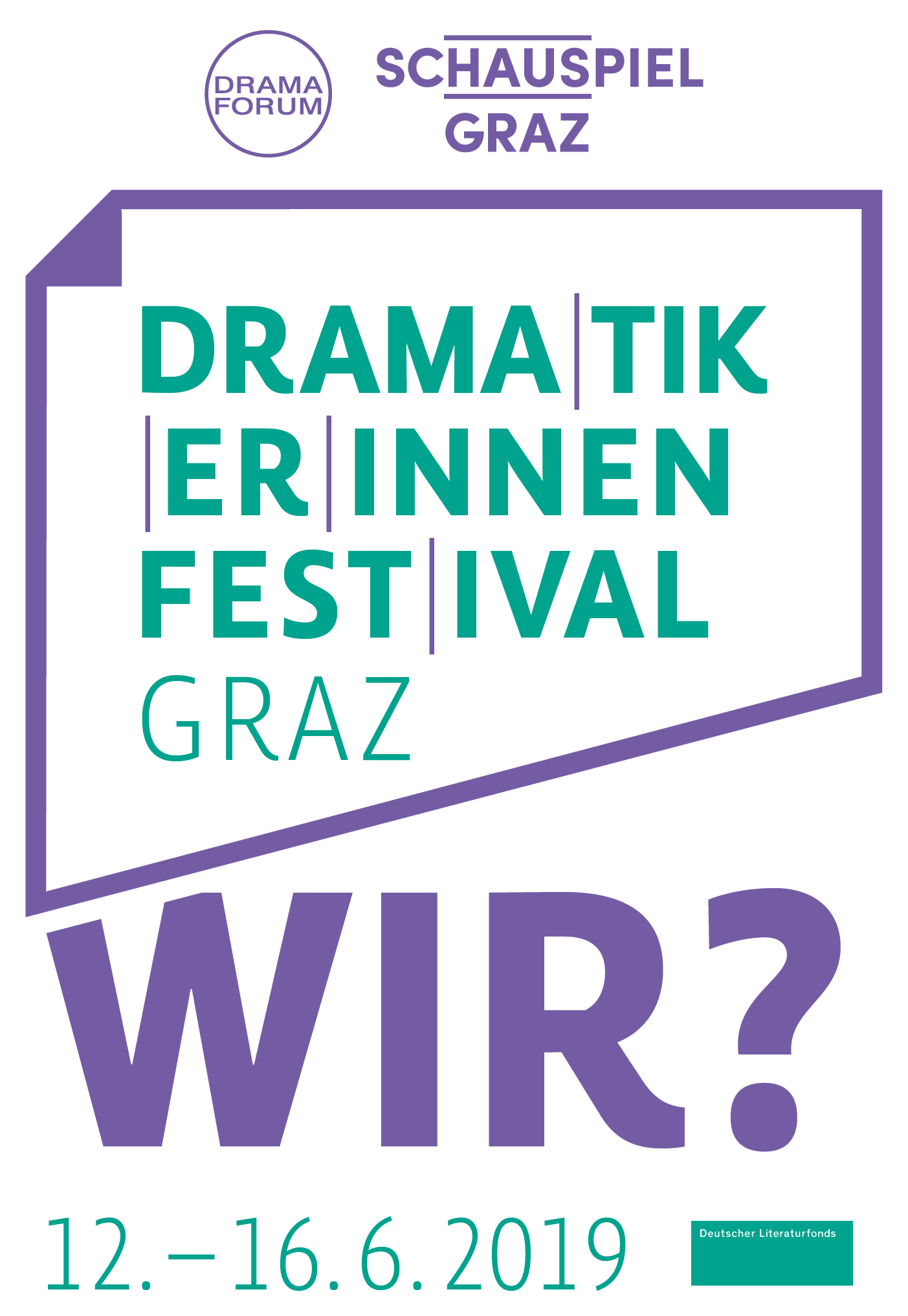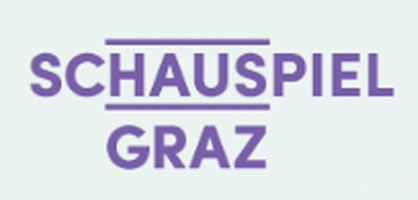We
Everyone is talking about WE at the moment, as if it were an entity that could be singularly defined. All across the country,
people invoke this WE in a variety of ways – sometimes with a bellicose air, sometimes with solidarity in mind
and sometimes from a nationalist perspective. The frequent use of the word reflects a yearning for community, belonging and
location, in the face of a world that is constantly changing. A world that people perceive to be more and more insecure, confusing,
even threatening. WE is contrastingly used in the hope to create a sense of belonging, and provide a sense of security in
difficult times. Perhaps this is why we are searching for a collective WE, one that intends to include our entire society
and excludes all those we do not want to belong .
Perhaps another reason this reoccurring WE rhetoric, lies in the ever increasing divisions in our society and the dissolution of familiar WEs that used to work across society as a whole. However, this argument overlooks the fact that both our society and every single individual always consist of many WEs. So the task at hand is not to create a WE that includes everything, but rather a WE that is willing to accommodate difference, develops the ability to tolerate diversity, and includes processes of negotiation.
This theatre and its authors are attempting to navigate this field of conflicting issues, and the current edition of the Dramatists’ Festival shows their diverse approaches. In readings, discussions, performances and productions, WE will address the search for a connection of the WEs in conversation and analysis, seeing the theatre as a place of assembly, where we show a microcosmic version of how society could work on a larger scale. We are looking forward to an inspiring Dramatists’ Festival.
Edith Draxl & Iris Laufenberg
Perhaps another reason this reoccurring WE rhetoric, lies in the ever increasing divisions in our society and the dissolution of familiar WEs that used to work across society as a whole. However, this argument overlooks the fact that both our society and every single individual always consist of many WEs. So the task at hand is not to create a WE that includes everything, but rather a WE that is willing to accommodate difference, develops the ability to tolerate diversity, and includes processes of negotiation.
This theatre and its authors are attempting to navigate this field of conflicting issues, and the current edition of the Dramatists’ Festival shows their diverse approaches. In readings, discussions, performances and productions, WE will address the search for a connection of the WEs in conversation and analysis, seeing the theatre as a place of assembly, where we show a microcosmic version of how society could work on a larger scale. We are looking forward to an inspiring Dramatists’ Festival.
Edith Draxl & Iris Laufenberg


